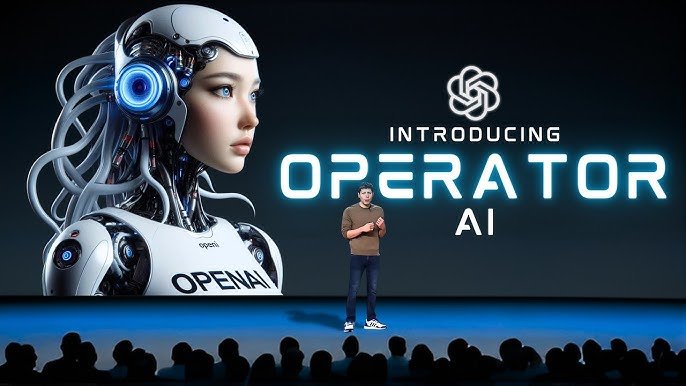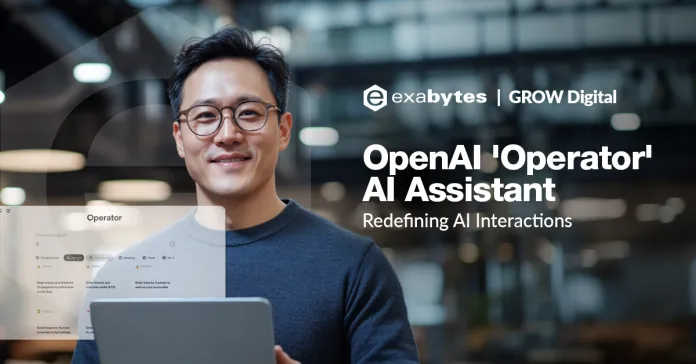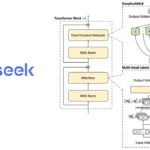June 5, 2025-San Francisco,CA- OpenAI has officially announced the release of Operator, a cutting-edge AI assistant designed to handle a wide variety of online tasks for users, ranging from booking appointments to managing web-based workflows.
Described as a personal digital helper powered by OpenAI’s latest models, Operator is built to interact with websites, fill out forms, search for information, and carry out multi-step tasks across the internet — all with minimal user input.
According to OpenAI, Operator is integrated with their most advanced AI model and leverages real-time web interaction capabilities. Unlike typical virtual assistants, which are often limited to pre-programmed responses or app-specific integrations, Operator is designed to behave more like a human assistant browsing the web on the user’s behalf.
“Operator represents a major step forward in how AI can assist with real-world digital work,” said an OpenAI spokesperson. “It’s designed to save people time and make the internet more accessible and useful — whether you’re planning travel, shopping online, or managing complex scheduling.”
Early demonstrations show Operator handling tasks such as comparing product prices across websites, submitting customer service requests, and helping users find and apply for jobs. The AI can also maintain continuity in long workflows — remembering user preferences and adapting as needed.
The release comes amid growing interest in AI agents that go beyond chat and static responses. Tech industry analysts see Operator as a signal that OpenAI is moving toward a broader vision of autonomous agents capable of performing online actions — not just providing suggestions.
Currently, Operator is being rolled out to a limited group of users, with plans for wider availability later this year. OpenAI has emphasized privacy and security, stating that Operator will operate under strict data handling protocols, and users will have full transparency over what the assistant does on their behalf.
As AI continues to evolve, tools like Operator could fundamentally reshape how people interact with the internet — turning complex digital tasks into simple conversations.
OpenAI has introduced “Operator,” a groundbreaking AI assistant designed to autonomously perform a wide range of online tasks, such as filling out forms, ordering groceries, and making reservations. Powered by a new model called Computer-Using Agent (CUA), Operator combines GPT-4o’s vision capabilities with advanced reasoning through reinforcement learning, enabling it to interact with graphical user interfaces (GUIs) like buttons, menus, and text fields .

How Operator Works
Operator operates by processing screenshots of web pages to understand their content and layout. It then uses virtual mouse and keyboard inputs to navigate and perform tasks on websites, mimicking human interactions. For instance, it can book a table on OpenTable, add items to a shopping cart on Instacart, or search for tickets on StubHub . The system is designed to handle multiple tasks simultaneously and can adapt to unexpected changes in the environment.
User Interaction and Control
While Operator operates autonomously, it maintains a collaborative approach with users. If it encounters challenges, such as a CAPTCHA or requires confirmation for significant actions like purchases, it pauses and seeks user input before proceeding . This ensures that users retain control over critical decisions and can intervene when necessary.
Availability and Future Plans
Currently, Operator is available to ChatGPT Pro users in the U.S. OpenAI plans to expand its availability to Plus, Team, and Enterprise users and integrate these capabilities into ChatGPT in the future . The company envisions Operator as a step toward developing more advanced AI agents that can handle complex tasks and assist users in various aspects of their daily lives.
In summary, OpenAI’s Operator represents a significant advancement in AI technology, offering users a powerful tool to automate and simplify online tasks, thereby saving time and enhancing productivity.






